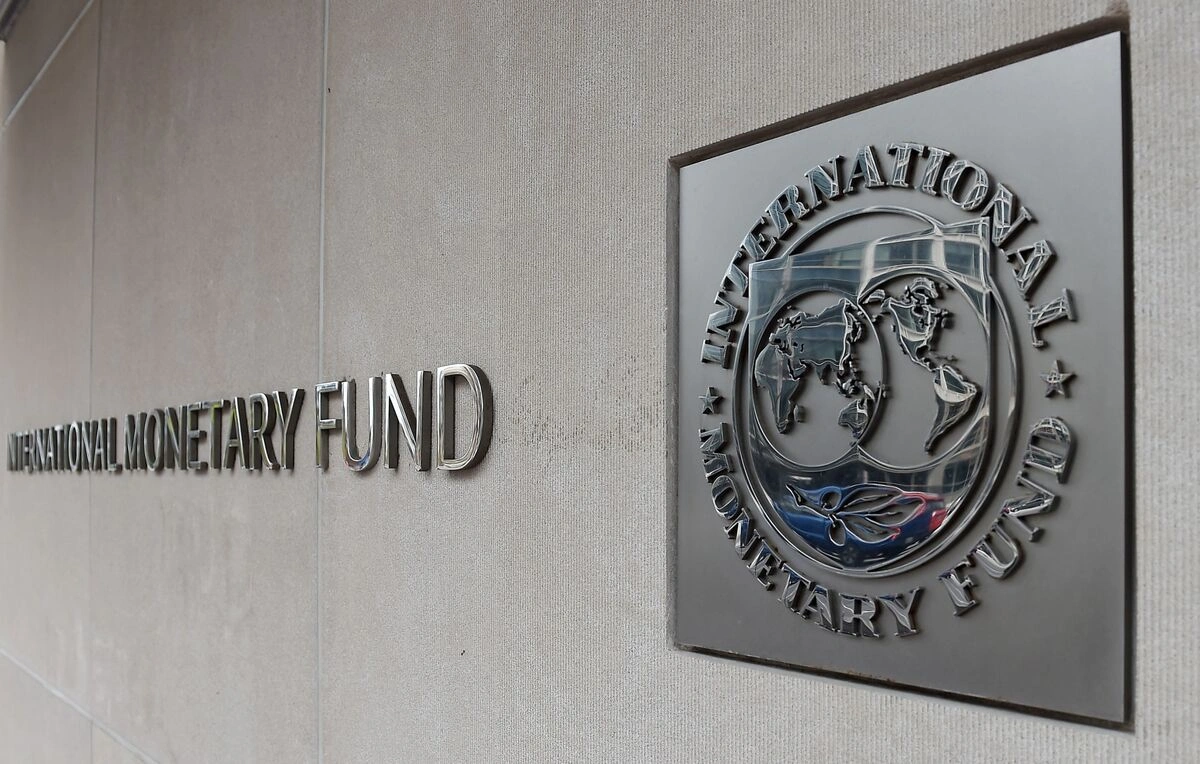Ethiopia’s four-year economic reform program, supported by a 3.4 billion dollar Extended Credit Facility (ECF), entails thorough digitization across multiple public sectors. The International Monetary Fund (IMF)-backed program includes expansion of e-payments in the rural safety net program, installment of digital supervision of state-owned enterprises, and electronic tariff valuation.
Several details laid out in the 144-page document, which includes staff appraisals and current reforms, highlight the introduction of key digital reforms across multiple public services to improve efficiency.
Aiming to improve financial management the Ministry of Finance, is developing a digital reporting system that monitors State Owned Enterprise (SOE) sector financial flows, quasi-fiscal operations, contingent liabilities, and fiscal risk management. Despite non-concessional external borrowing being reduced to zero in recent years, an accrued debt stock of above 8 billion dollars by SOE, or 28% of Ethiopia’s external debt stock, still resides in the Enterprises.
SOEs’ key performance indicators and monitoring of financial relations between SOEs and the state, including financial flows (subsidies, lending, and tax obligations), implicit transfers (public service obligations—PSO, preferential tax regimes), and loan guarantees and contingent liabilities will be facilitated through the system.
A budget for the IT project has already been approved, while it is expected to be operational by June 2025.



No Comment Found.